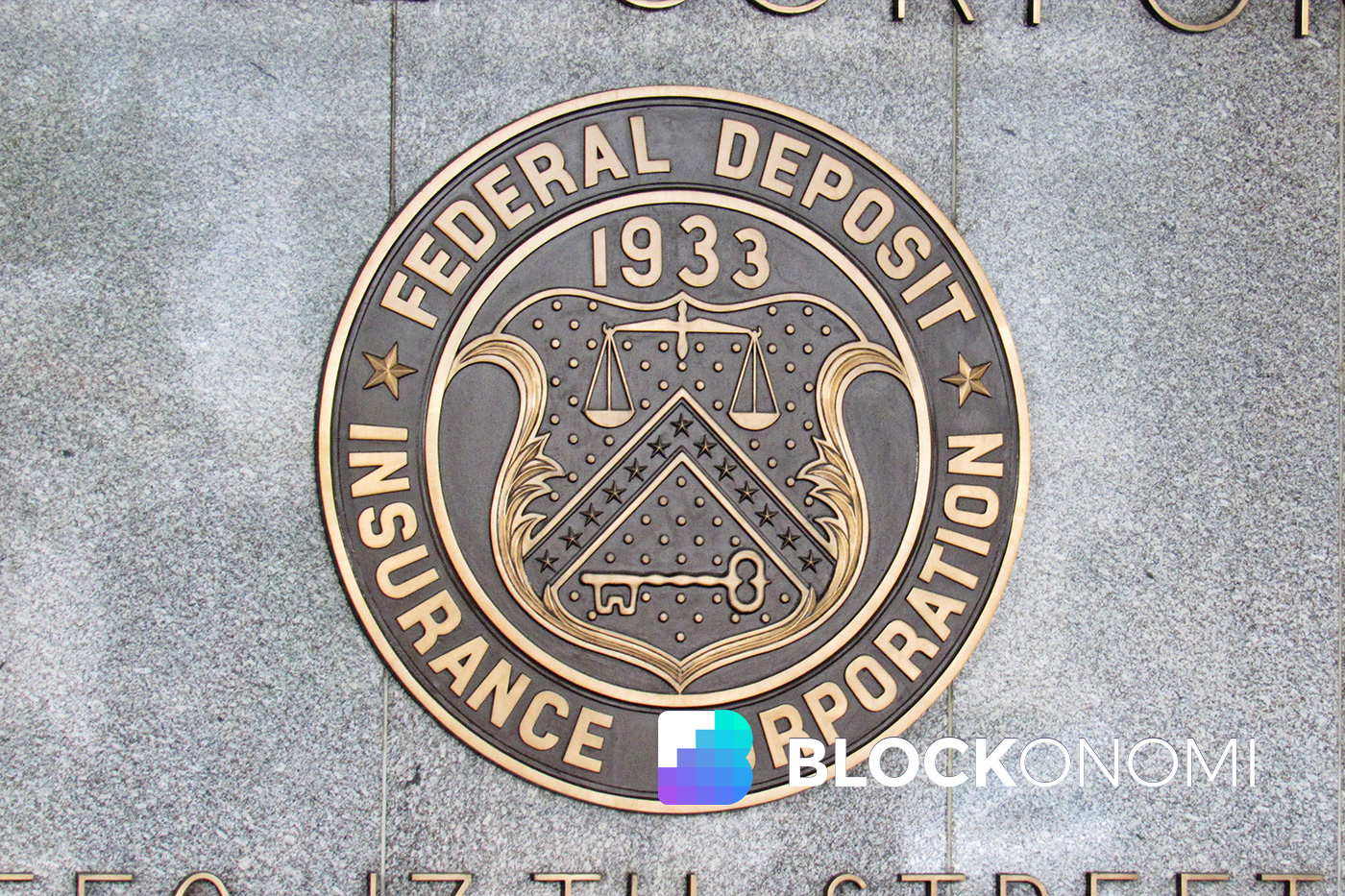TLDR
- FDIC whistleblowers revealed systematic efforts to hide Operation Chokepoint 2.0 documents from FOIA requests by falsely labeling them as attorney-client privileged
- At least 150 documents were allegedly withheld from Coinbase’s FOIA requests about crypto industry suppression
- The agency conducted incomplete searches and excluded documents from collaboration platforms like Microsoft Teams
- Whistleblowers exposed an FDIC disinformation campaign targeting industry critics and journalists
- FDIC resources were reportedly used to investigate individuals who criticized the agency, including Coinbase’s CLO and several crypto entrepreneurs
Current and former employees of the Federal Deposit Insurance Corporation (FDIC) have come forward with allegations that the agency deliberately concealed documents related to Operation Chokepoint 2.0 from Freedom of Information Act (FOIA) requests. The whistleblowers also revealed that the agency conducted surveillance on its critics.
According to the sources, FDIC officials instructed staff to mark certain documents as attorney-client privileged to prevent their release. This practice affected documents related to the agency’s involvement in crypto industry suppression efforts, commonly known as Operation Chokepoint 2.0.
The revelations came to light after Coinbase, America’s largest cryptocurrency exchange, submitted FOIA requests seeking information about the FDIC’s actions regarding cryptocurrency businesses. The whistleblowers claim that approximately 150 documents were withheld from these requests.
The concealment methods reportedly included several techniques. Staff were told to avoid complete searches of regional systems, potentially leaving relevant documents undiscovered. Additionally, the agency excluded documents created or stored on collaboration platforms such as Microsoft Teams from FOIA responses.
At the direction of senior executive management (sent through MS Teams only to avoid FOIA), @FDICgov is hiding responsive documents to the FOIA request.
FDIC instructs individuals to label documents as a deliberative process or attorney-client privilege. Moreover, they… https://t.co/ussKbwOSDX
— FDIC Exposed (@FDIC_Exposed) January 7, 2025
These allegations suggest a pattern of systematic document concealment. The whistleblowers indicate that these practices were not isolated incidents but rather part of an organized effort to limit public access to information about the agency’s activities.
The FDIC’s alleged document handling practices raise questions about transparency and compliance with federal information disclosure laws. FOIA requires federal agencies to release requested records unless they fall under specific exemption categories.
Beyond document concealment, the whistleblowers described an active disinformation campaign targeting agency critics. The FDIC allegedly used agency resources to investigate and monitor individuals who publicly questioned its policies or actions.
Among those reportedly targeted were Paul Grewal, Chief Legal Officer at Coinbase, and Caitlin Long, founder of Custodia Bank. The surveillance also extended to Nic Carter of Castle Island Ventures and Veronica Irwin, a regulatory reporter for the Unchained podcast.
According to the whistleblowers, agency staff were personally assigned to investigate whether these individuals posed any threats to the FDIC. This included monitoring their social media activity and public statements about the agency.
After the recent blowup of our post, we've received credible information that @FDICgov is engaged in a disinformation campaign behind the scenes against numerous PR adversaries, including @iampaulgrewal, @CampbellJAustin, @nic__carter, @CaitlinLong_, @vronirwin.
This individual…
— FDIC Exposed (@FDIC_Exposed) January 7, 2025
The sources claim they received “credible information” about these surveillance operations from individuals directly involved in the investigations. They assert that agency funds were used to conduct these monitoring activities.
WSPN CEO Austin Campbell was another target of the alleged surveillance program. The whistleblowers indicate that the FDIC maintained files on Campbell and other critics as part of their monitoring efforts.
The revelations about document concealment coincide with ongoing discussions about the FDIC’s role in regulating cryptocurrency businesses. Previous FOIA releases had already shown the agency’s involvement in actions affecting crypto-friendly banks.
Several key FDIC officials are implicated in these allegations. The whistleblowers have called for the removal of multiple individuals from their positions within the agency, though specific names were not provided in their statements.
The sources emphasize the need to preserve all records related to these investigations. They have called for an immediate freeze on any documents connected to the surveillance of agency critics.
These revelations came through a social media account called FDIC Exposed, which has been publishing information from agency insiders. The account continues to receive and share new details about internal FDIC operations.





